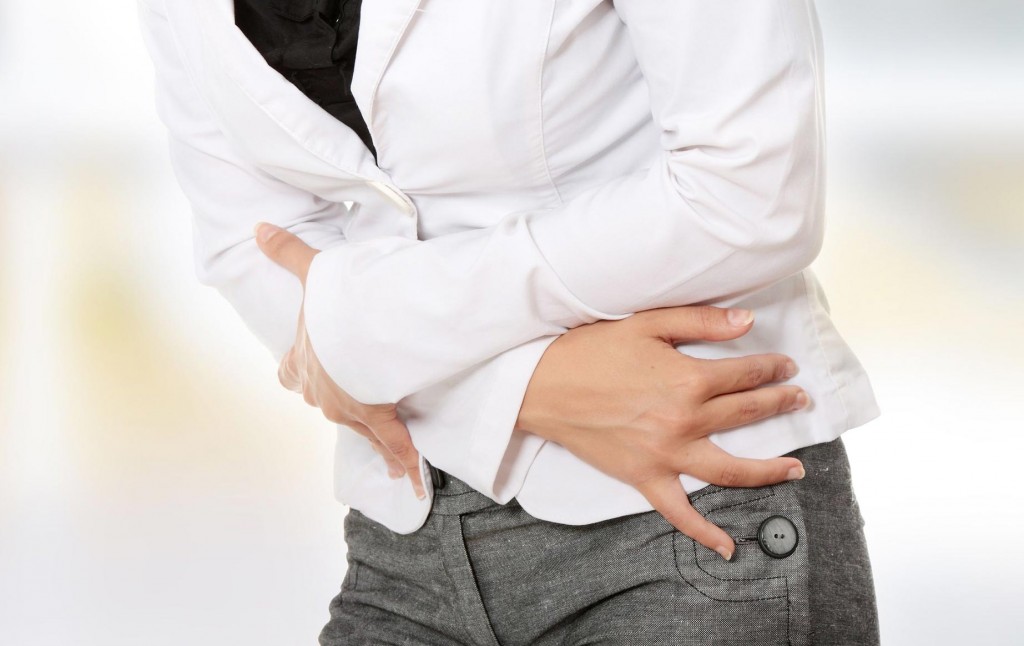
If you have been diagnosed with diverticulitis, your first thoughts may be “How is this going to change my diet?” Thanks to new research, your dietary changes will not be as severe as you may have once thought, heard, or read. For decades, doctors recommended that people with diverticulitis avoid eating foods such as rice, corn, nuts, seeds, popcorn, beans and most raw fruits and vegetable skins because they believed the tiny particles from these foods may get lodged in the pouches and lead to an infection.
While some doctors still recommend sticking to this type of diet, most physicians have abandoned that advice, as current research has demonstrated no evidence linking those foods with increased problems.
If you have diverticulitis, you should focus on eating a healthy diet that is high in fiber. High-fiber foods such as fruits, vegetables and whole grains soften waste and help it pass more quickly through your colon. This reduces pressure within your digestive tract which may help reduce the risk of diverticula pouches expanding outwards from the colon, forming and becoming inflamed. Lack of dietary fiber is now thought to be the main cause of diverticula. If you do not consume enough dietary fiber and the stool is hard, there may be more pressure or strain on the colon as muscles push the stool down which causes diverticula to occur.
Unfortunately, diverticulitis is a condition that continues to leave some doctors scratching their heads; however, although there is no clear clinical evidence to prove a link between dietary fiber and diverticulosis, experts say the circumstantial evidence is convincing.
Experts do not completely understand just yet why diverticulitis – the infection of at least one diverticula – occurs. They can only tell us that the bacteria in the stool rapidly grows and spreads, causing an infection. The blockage, possibly by feces, is what physicians understand to cause the infection.
If you have been diagnosed with diverticulitis, talk with your doctor or dietician who can help you make right decisions on any food-related questions.
An expert can even make specific recommendations, provide recipes and help you find ways to enjoy the high-fiber foods your diet needs.
Featured Doctors

Related Stories
Dealing with Diverticulitis
Diverticulosis is the presence of pouches that form in the muscular wall of the colon that bulge outward. Although these pouches generally produce no symptoms, when they become inflamed it is referred to as diverticulitis.
Read Article